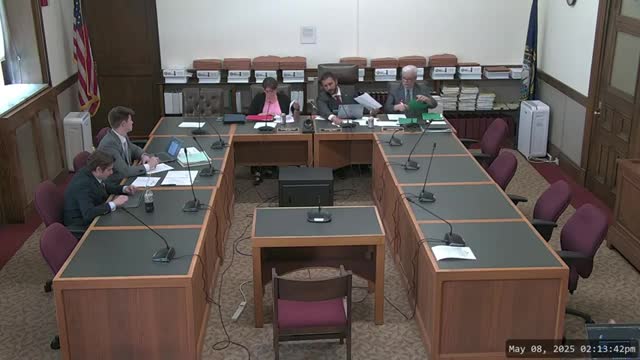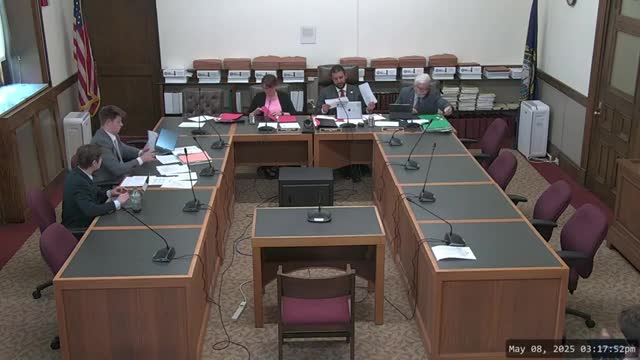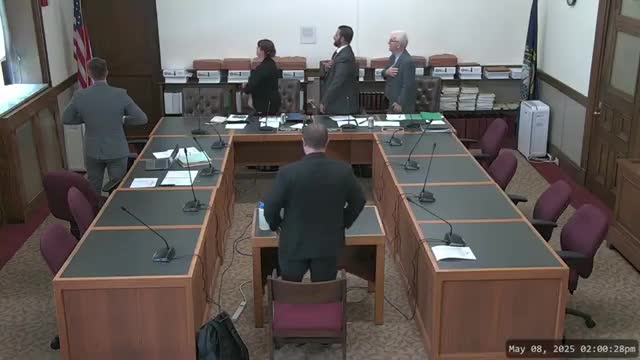Article not found
This article is no longer available. But don't worry—we've gathered other articles that discuss the same topic.

Judiciary Committee: summary of committee actions and votes

Panel advances bill on parental access to minors' medical records; debate centers on patient portal and court orders

Committee backs amendment to limit welfare's civil-recovery leverage over relatives, approves HB 132 as amended

